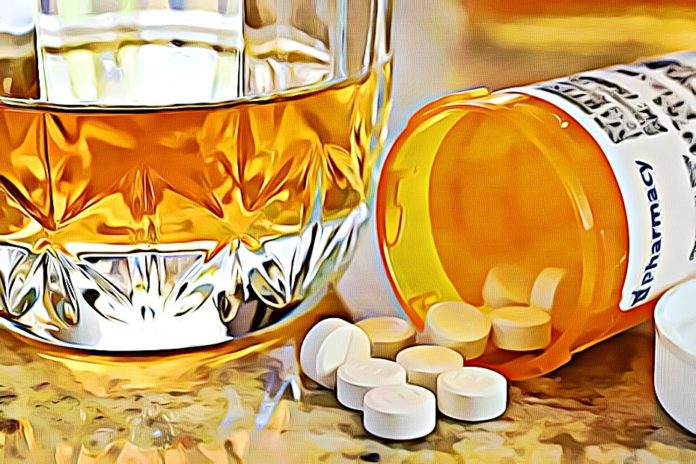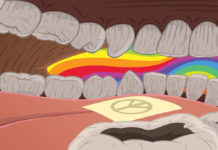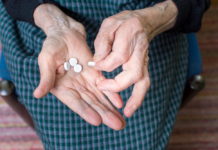Many people who develop addictions to various substances are typically diagnosed with other mental health issues. Since the disease of addiction is also an imbalance in brain chemistry, there is a chance that people develop depression and generalized anxiety disorders alongside it. The challenge of mental health is never singular, as many people experience various types throughout their lifetime, with some developing over time or due to traumas.
Addiction treatment will often give people daily medications to balance brain chemistry and assist with daily functionality. Pharmaceuticals are typically the answer to many mental health problems, and rehabilitation centers try to find the correct mix between this and therapy sessions. However, what often happens is that patients start to abuse certain medications or take them while under the influence of other drugs or alcohol. Most of these have adverse reactions when taken with other medicines, so those who are prescribed will need to refrain from indulging in various substances.
Dangers of Mixing Lexapro and Alcohol
Lexapro is commonly prescribed to people who have depression and anxiety disorders. This drug effectively treats both conditions for most people, but this will come with an adjustment period that may bring side effects. Some might have mild reactions to this, while others can experience more severe impacts that will require immediate attention by a psychiatrist.
This drug comes in an oral tablet and liquid solution that is safe for use by adults and children over 12 years of age. Lexapro is commonly known as a substance that falls under the substance class called selective serotonin reuptake inhibitors or SSRIs for short. Since depressed people cannot produce ample amounts of serotonin by nature, these medicines balance out the brain chemistry by boosting the reuptake for improved moods.
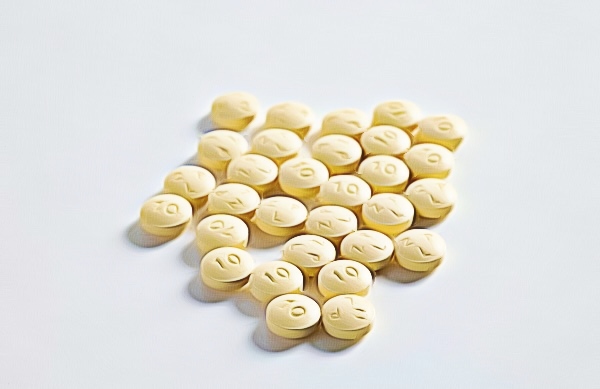
However, those who enjoy drinking alcohol might not want to take Lexapro at the same time because these may have harsh effects. Since alcohol is a sedative and a downer, this might have adverse reactions to Lexapro. Additionally, alcohol is never recommended to those who suffer from mental health issues, as the nature of being intoxicated can increase depressive episodes or heighten anxieties. Drinking moderately or even avoiding it at all costs will be essential to improve the symptoms of feeling depression.
Furthermore, alcohol is heavy on the liver, which can cause damages when combined with pharmaceuticals. Prescribed drugs are often chemical-based, and these are absorbed and processed by the liver just like alcohol is. Simultaneously taking both can cause problems and health issues down the line, which often ends in complications or even fatalities. It also pays to note that those who use alcohol often while depressed can develop chemical dependencies, leading to substance abuse disorders.
Side Effects of Lexapro
Using Lexapro regularly can give the usual side effects of taking pharmaceuticals for the first time. People might feel nausea, insomnia, dry mouth, diarrhea, or excessive sleepiness. There will always be different effects on users, and some may experience a mix or just one of the few side effects. New users usually undergo an adjustment period, which they must always openly communicate with a doctor.
However, when Lexapro is mixed with alcohol or other substances, people may experience heightened anxieties, increased depressive episodes, decreased liver vitality, and excessive drowsiness. These side effects can be severe when they continue, as these can lead to fatalities and complications with health. Abstaining from alcohol is essential while on Lexapro or other prescription drugs for mental illnesses because of how the sedative properties counteract their effectiveness.
It’s also been known that too many anxiety and depressive episodes can lead to increased suicidal thoughts and behaviors. People who continue to drink alcohol while on anti-depressants or other mood stabilizers have been observed to hurt and isolate themselves. These sensations usually occur early in the adjustment period or during an abrupt stop of the medication’s consumption. If the patient needs to adjust their dosages or remove them from their medication list, they must do so slowly and with proper monitoring.
Lexapro Withdrawal
As mentioned above, people who take Lexapro and suddenly stop may experience extreme sensations and severe withdrawals. Some people might experience a high point in their life, which can lead them to believe that they no longer need to take their medications. Since serotonin production in a depressed individual’s brain is linked heavily to the drug, cutting it off abruptly will cause extreme instabilities. The withdrawal symptoms present themselves as emotional and physical types, which are incredibly uncomfortable.
Some of the most common withdrawal symptoms can be unstable moods, headaches, difficulties sleeping, irritability, nausea, and muscle pains that feel like a jolt of energy. These are immediate withdrawal symptoms that Lexapro users feel once they stop taking their meds.
The second wave of withdrawal symptoms can occur after weeks of not taking the drug, which can cause instabilities in a person’s mood and difficulties with daily functioning. People might develop extreme anxieties, bipolar disorder symptoms, deep depressions, mood swings, complications in remembering things, concentration issues, and other similar feelings. These are more severe symptoms and can often be a cause of suicidal tendencies, which is why stopping Lexapro for daily medications requires a procedural removal with close monitoring. Some people might even take over a year to recover from the effects of taking Lexapro regularly, so it requires working with a psychiatrist to ensure the proper healing.
Lexapro for Anxiety
Utilizing Lexapro for anxiety disorders was given the Food and Drug Administration’s approval, making it a safe option. However, the safety of its use depends on how responsible the person taking it is. If they don’t follow the doctor’s instructions or schedule routine check-ups, they may end up in worse shape, as these are crucial to the person’s health. Those who practice the recommended and prescribed dosage often turn out better than those who abuse it. It’s also been effective at treating various mental illnesses that fall under these categories.
Binge eating disorder, bulimia, panic disorder, OCD, PTSD, premature ejaculation, premenstrual dysphoric disorder, and menopausal patients have had good recovery with Lexapro. The issue arises when the drug is abused simultaneously with alcohol or other illegal drugs, as these don’t mesh well with these substances. Taking Lexapro and abstaining from self-medicating or drinking alcohol often will help strengthen its effects.
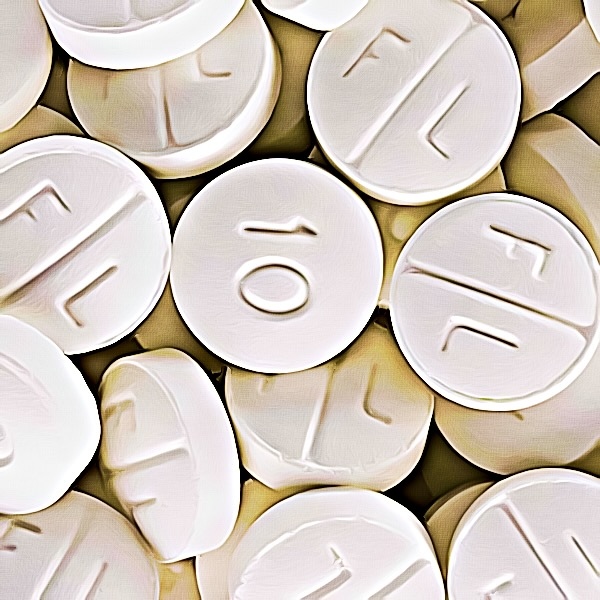
Many adults, adolescents, and even teens are now diagnosed with anxiety and depressive disorders, making Lexapro essential to treat these mental illnesses. Lexapro is classified as a non-addictive drug, but it can create psychological diseases that turn into addictions. People might feel the need to have a high surge of serotonin, which will lead them to take higher doses to feel good. Taking increased doses or frequently using the drug can build up a person’s tolerance, which will make them require more of it to function correctly.
Taking higher doses and being unable to function without Lexapro can be considered an addiction, which will require treatment to ensure that it doesn’t destroy the person’s life. The issue with giving people the freedom to take their own medications is that there is a potential for abuse or even the risk of forgetting to take them at all. This risk is significantly reduced when rehabilitation centers can monitor patient behavior and medication use to prevent relapses.
Conclusion
Lexapro is a highly-effective pharmaceutical medication that treats anxiety and depression disorders in people. While it is excellent at reducing the negative sensations felt, it should never be mixed with other medications or alcohol without consulting a doctor. Medicines like these need constant monitoring to see if dosages need to be adjusted or aren’t compatible with a person’s body.
Sources:
https://www.health.harvard.edu/diseases-and-conditions/going-off-antidepressants
https://www.accessdata.fda.gov/drugsatfda_docs/label/2017/021323s047lbl.pdf


